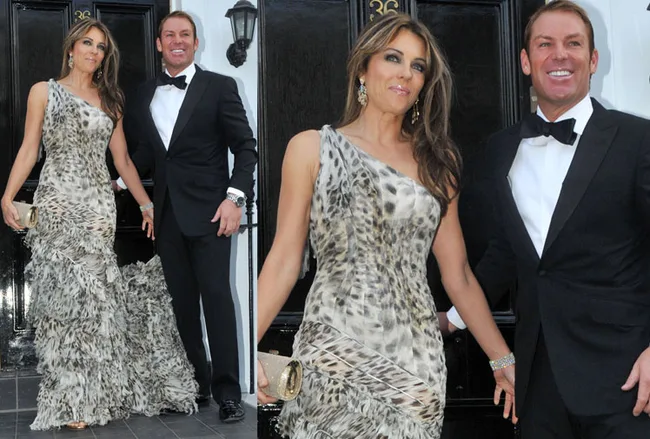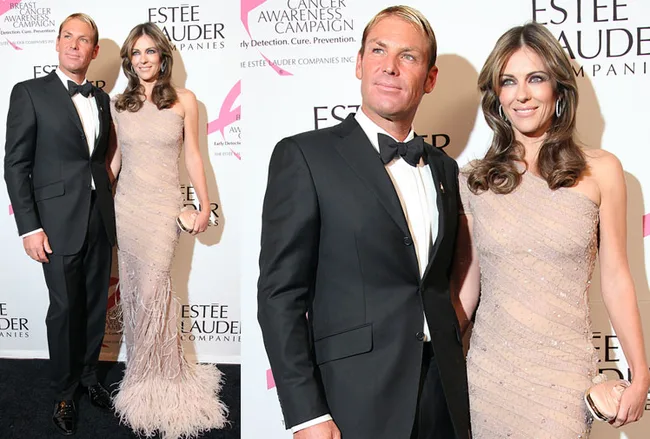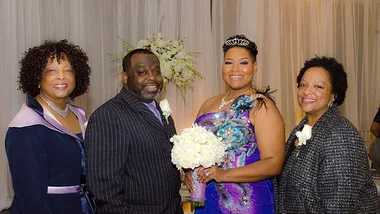Women are known as the fairer sex and it turns out they are more moral too.
Eminent philosopher Professor Roger Steare has claimed that women have higher values and ethics than men, with women over 30 being the most moral of all.
Steare developed the ‘Moral DNA’ test in 2008 to measure how people’s values and ethics change as the get older and enter the workplace.
Since then, 60,000 people from more than 200 countries have completed the survey, covering every job from housewife to CEO.
The results show that gender and age affect morality, with women and over-thirties being the most moral.
Steare’s test asked respondents to rate a series of statements about themselves, including whether family, friends and colleagues would say they were “honest” or “competent”.
They also had to rate how much they identified with statements such as “I always honour people’s trust in me” and “I am good at exercising self-control”.
These results were used to sort respondents into one of six personality types: Philosopher, Judge, Angel, Teacher, Enforcer or Guardian.
Steare says women were overwhelmingly more moral than men, and they men needed to seriously evaluate their behaviour and show some “compassion” and “humility” or risk failure at work.
“The differences that emerged between men and women are valuable when we look at decision-making in the workplace,” Steare said.
“Women prefer to make their decisions based on how it impacts others — which tends to produce better decisions — while men have a more individual approach and are more self-interested.
“What this shows is that when it comes to work men have to grow up, put their ego to one side and show some humility and compassion — qualities they all too often have in their personal lives but put to one side when they walk into the office.”
The survey also showed that people got more moral as they got older — and less obedient, as they started making decisions based on what they believed was “right” and not just as they were told to.
“What stood out from the answers was that obedience decreased with age, while reason increased — a logical occurrence as we make the transition from youth to experience.
“Interestingly the crossover point occurs around our mid-thirties, which is when we mature as adults. That process then continues until our early sixties, when we’re at the peak of our intellectual and moral powers — yet sadly the age people often end up leaving the workplace.”
Your say: Do you think moral and ethics are still important in the modern era? [email protected]
Newsletter conversion description. Get the latest in your inbox.





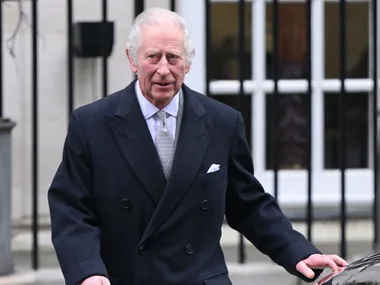
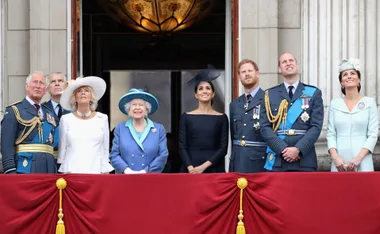
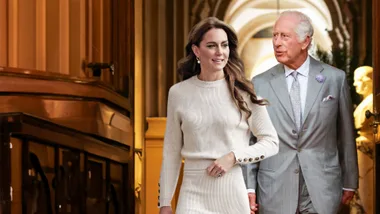


.jpg?resize=380%2C285)
.png?resize=380%2C285)









